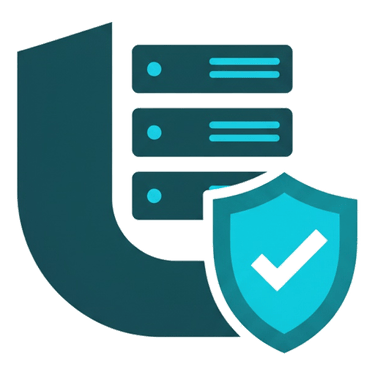Acceptable Use, Security & Compliance Policy
This section describes acceptable and prohibited uses of LynxTrac, and our basic security/compliance expectations when you use the Service.
Prohibited Activities
You must not use LynxTrac to:
Perform or facilitate any unlawful activity, including hacking, intrusion, denial-of-service, malware distribution, or unauthorized access to any system.
Use the Service in a manner that violates the rights of others (privacy, intellectual property, data protection).
Attempt to reverse-engineer, decompile, modify, or otherwise tamper with the Platform’s code or underlying infrastructure.
Share access credentials with unauthorized persons or permit multiple users on single-license when not allowed.
Abuse the platform with excessive requests, spam, or resource-hogging usage (e.g. monitoring thousands of devices on Free Plan).
Use the Platform in a way that damages or impairs service quality for others.
Security Expectations & Compliance
You must keep your login credentials secure and not share them with others.
You must use secure and up-to-date software when connecting to monitored devices (e.g. secure SSH, strong passwords).
You must comply with all applicable laws and regulations when using LynxTrac for server monitoring (e.g. obtaining necessary permissions before monitoring servers).
You agree to allow the Company to audit usage patterns if necessary to detect abuse or security violations.
Enforcement & Consequences
Violations of this policy may result in immediate suspension or termination of your account without refund.
We may also delete or block access to data and devices if activity violates this policy.
Contact Us
© 2025 LynxTrac. All rights reserved.
We respect your privacy. No spam — ever.
Stay Updated
+1 (650) 780-3392
